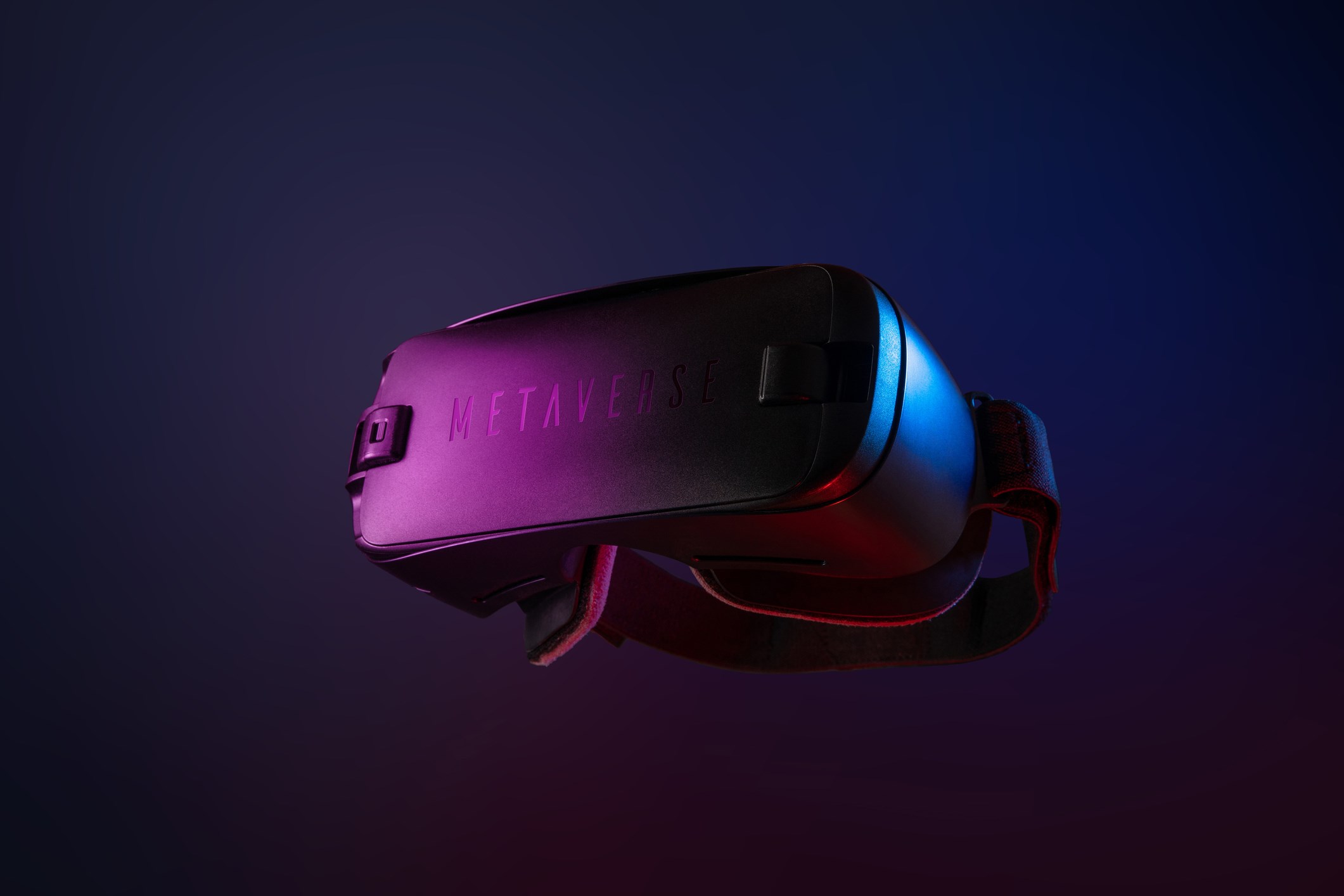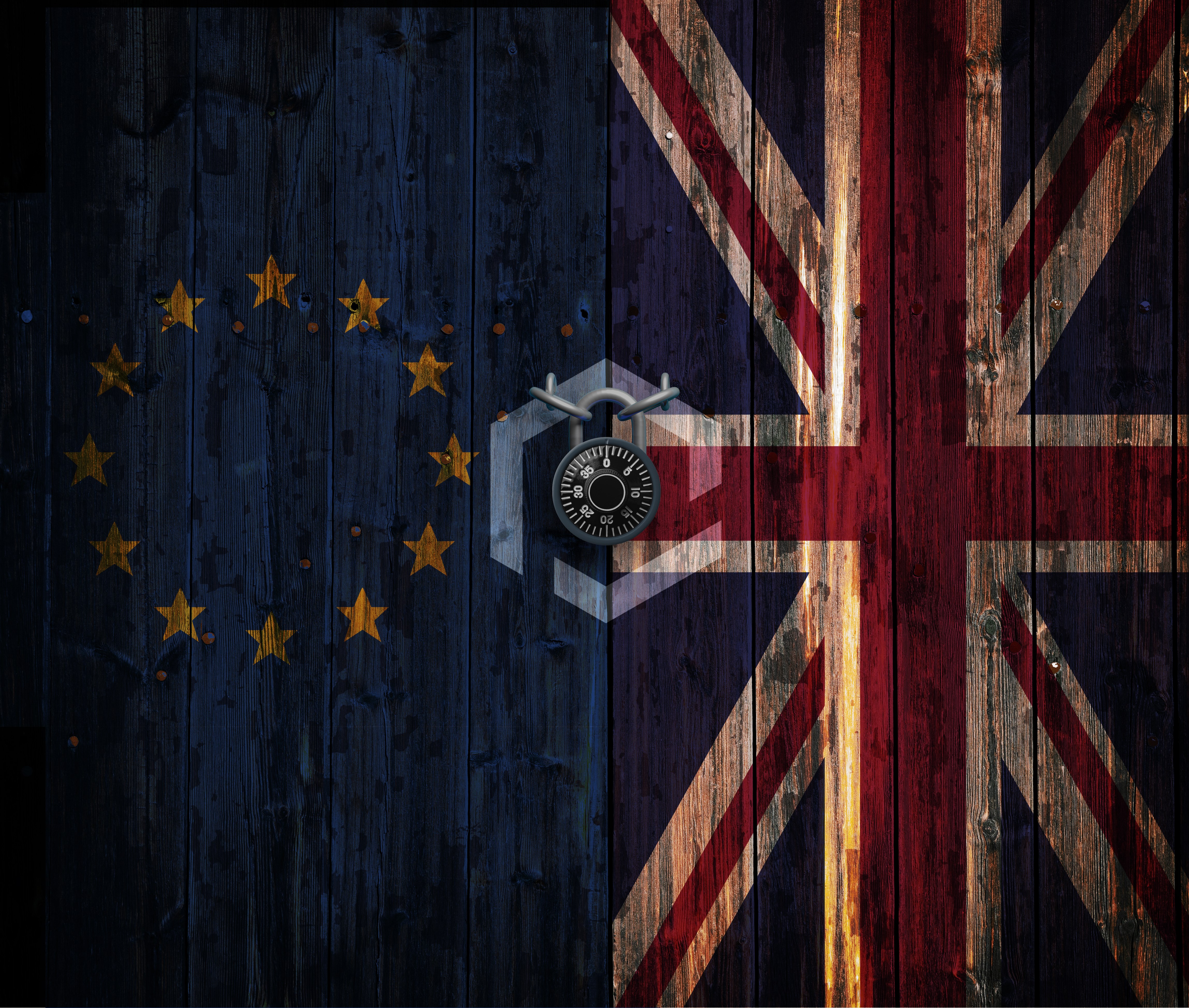Artificial intelligence (AI) has seen major developments in the last five years in the games, medical, logistics, autonomous driving, and personal assistance sectors. Vision, speech recognition and generation, natural language processing (understanding and generation), image and video generation, multi-agent systems, planning and decision-making have also seen much progression.
Over the same timeframe, blockchain technology has also advanced. We have seen the emergence of eco-friendly blockchain networks, the rise of NFTs, and the adoption of blockchain applications among non-crypto companies.
GIVEN THIS PROGRESS, HOW CAN AI AND BLOCKCHAIN BENEFIT BRAND OWNERS?
AI is fantastically suited to filtering large amounts of data and providing outcomes on the basis of that data which humans - or even a team of humans - would not be able to accomplish in the same amount of time.
For instance, we as trade mark practitioners already benefit from AI in case-law research, goods and services comparisons tools, trade mark similarity assessments, and word and image searching.
Unlike AI, which appears to be being readily adopted by trade mark offices and third-party service providers, blockchain appears to be less so.
We see that some brand owners are adopting blockchain technology to ensure the authenticity of their products and to assist customs and border controls with their handling of imported and exported goods. However, blockchain as a means of verifying transactions and tracking of assets, ought to also lend itself to application in commercial transactions, such as, assignments, licences, co-existence agreements and settlement agreements.
For example, blockchain and NFTs could be employed in a situation where once an assignment document/deed has been executed and confirmation of the consideration paid, the recording of the assignment at the relevant IP Office is automatically performed with the IP asset transferred immediately to the new owner.
Alternatively, in a situation where parties have entered into a co-existence agreement and each party is to undertake certain obligations (e.g., classification restriction and subsequent withdrawal of an opposition), it can be envisaged that blockchain would be ideally suited in effectively and efficiently performing those tasks on the execution of the agreement, significantly streamlining the process.
Requests for proof of use are a significant burden for trade mark owners. The use of blockchain in the recording and storing of evidence is another area where it is envisaged the technology could be adopted in future to verify the authenticity of purchases and sales volumes.
If this blog has raised any questions or you would like to discuss how AI and blockchain can benefit you as a brand owner in more detail, please email chris.baume@potterclarkson.com.







